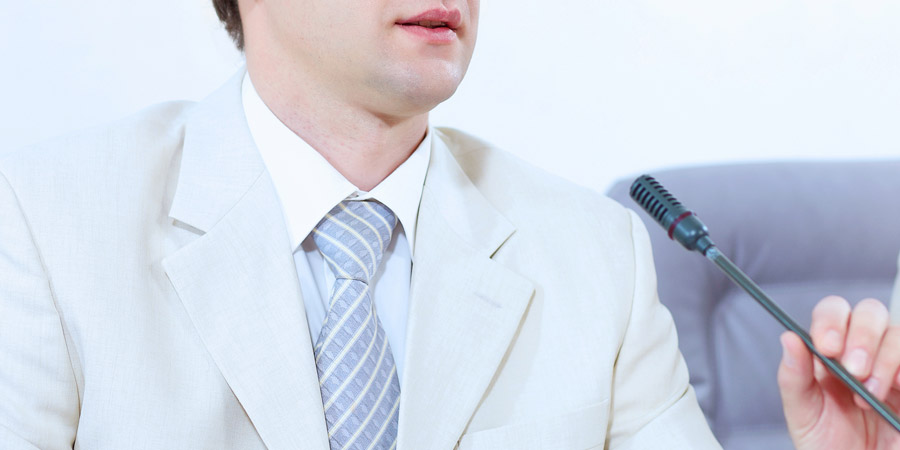Even the most experienced litigators need to be careful when retaining an expert witness. Properly leveraging your expert can make or break your case. There is no shortage of examples of when an expert can derail a case. For example, an expert psychiatrist, during the Andrea Yates trial, made a factual error during his testimony which the Court of Appeals concluded “could have affected the judgment of the jury.”
Here are the 3 most common mistakes that attorneys make when using expert witnesses.

- Relying on the same expert or group of experts:It is tempting to continue going back to the well when you’ve had several good outcomes with an expert. That may work for a while but eventually it will become clear that you are relying on the same experts over and over. Savvy opposing counsel will exploit this and attempt to impugn your expert’s credibility. If an expert and an attorney work together very frequently, then the expert’s impartiality can be drawn into question. It is important to keep a large rotation of experts and to keep bringing new experts into the rotation.
- Underpreparation:
 Regardless of your experts’ experience, credentials, or confidence, it is critical to prepare your expert. Taking the time to proactively discuss the issues and discuss the strengths and weaknesses of the case will increase your chances of a good outcome. Some attorneys assume that their experts “get it,” skip vital preparation time, and end up regretting it after an unfavorable report or testimony sinks their case. Do yourself and your client a favor, prepare your expert!
Regardless of your experts’ experience, credentials, or confidence, it is critical to prepare your expert. Taking the time to proactively discuss the issues and discuss the strengths and weaknesses of the case will increase your chances of a good outcome. Some attorneys assume that their experts “get it,” skip vital preparation time, and end up regretting it after an unfavorable report or testimony sinks their case. Do yourself and your client a favor, prepare your expert! - Not disclosing everything relevant to the expert: Cherry picking information, keeping some facts from the expert, or only explaining your client’s position to your expert can come back to haunt you. Savvy attorneys know that disclosing bad facts or other harmful information to the expert is critical. Your expert’s opinion will be all the more credible and powerful when it is clear that your expert knows the facts, good or bad. In contrast, if it comes to light that your expert didn’t have access to information harmful to your expert, then the expert’s opinion and credibility may be shot. Your expert can only help you when armed with all the relevant information.
The next time you need an expert witness, remember:
- Consider introducing some new blood into your expert rotation
- Follow the Scout Motto: Be Prepared
- Give your expert all the facts and err on the side of overdisclosure
We work with numerous board certified medical experts available for Expert Witness engagements, Independent Medical Evaluations (IME), Qualified Medical Evaluations, Agreed Medical Evaluations (AME), and medical records review. You can use our online form or call us at 888-963-8933.

